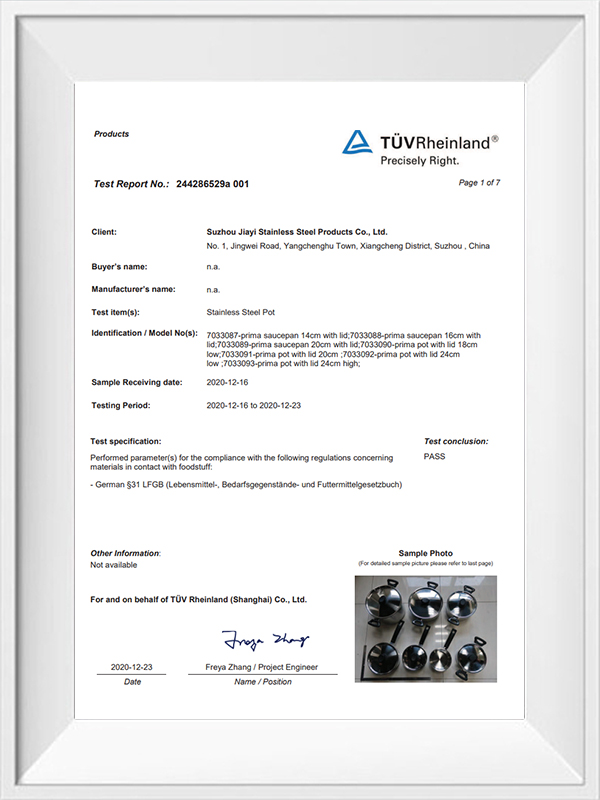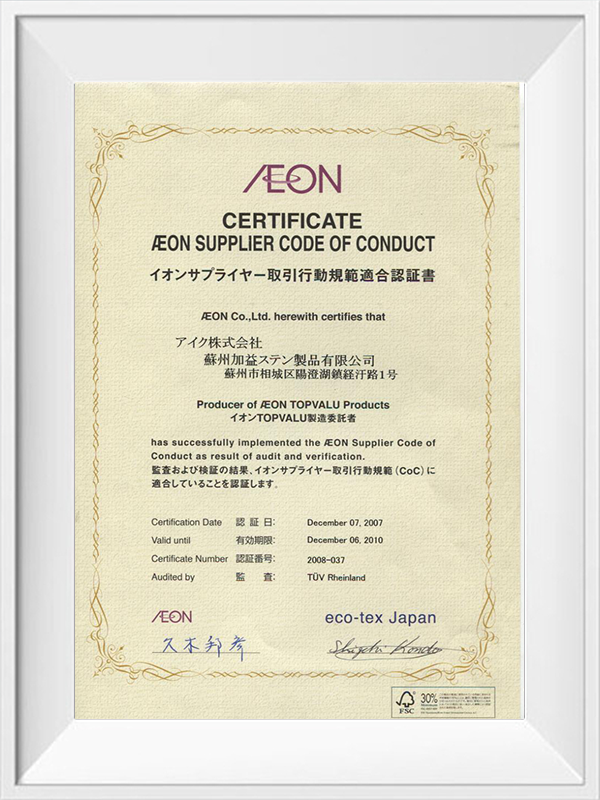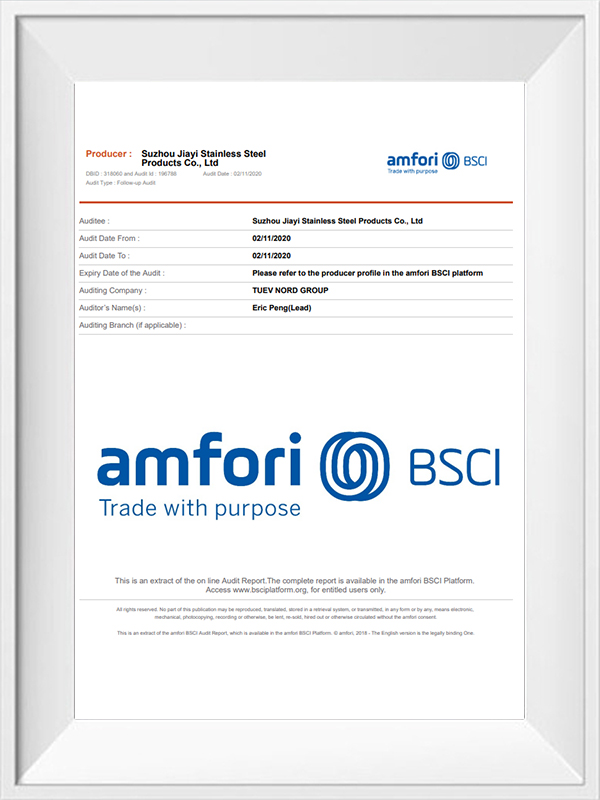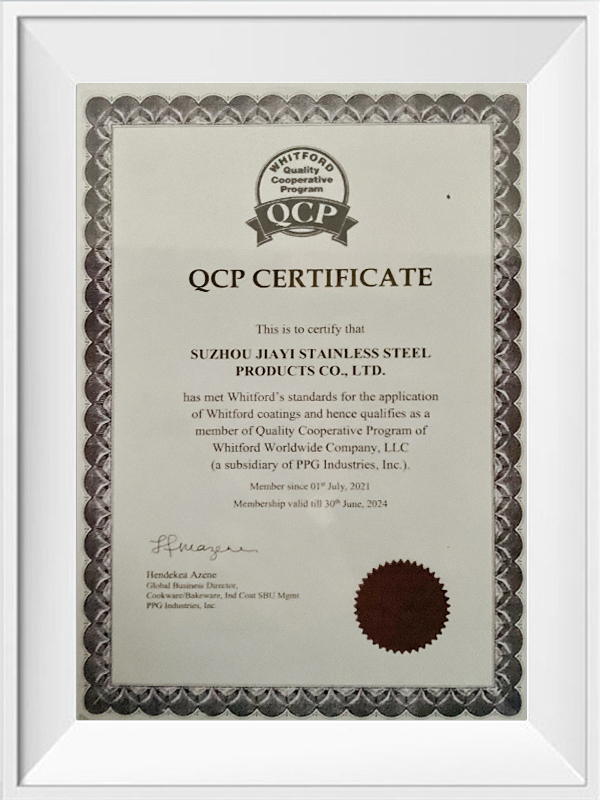صناعة المعرفة
What are the advantages of using an aluminum saucepan pot compared to a stainless steel one?
Aluminum saucepan pots have several advantages over stainless steel ones. Firstly, aluminum is an excellent conductor of heat, meaning it heats up quickly and evenly across the surface. This efficient heat distribution ensures that the food in the pot is cooked evenly, reducing the risk of hot spots and burning.
Another advantage of aluminum saucepan pots is their lightweight nature. Aluminum is significantly lighter than stainless steel, making it easier to handle and maneuver while cooking. This attribute is particularly valuable when it comes to delicate tasks such as flipping or tossing ingredients in the pot.
Additionally, aluminum saucepan pots are typically more affordable than those made of stainless steel. Aluminum is a more abundant material and its production involves less expensive processes compared to stainless steel, which often affects the price point. This makes aluminum saucepan pots a budget-friendly option for those who want quality cookware without breaking the bank.
Furthermore, aluminum is highly reactive to acidic and alkaline substances, which can result in a metallic taste in the food being cooked. To counter this, many aluminum saucepan pots are coated with a non-stick or anodized layer to prevent any reaction between the metal and the food. These coatings provide a barrier that eliminates the possibility of a metallic taste and also makes cleaning easier.
However, it is important to note that aluminum does have its limitations. It is a relatively soft metal compared to stainless steel, which means that it can be prone to denting, scratching, and warping under high temperatures or rigorous use. Additionally, aluminum is not suitable for induction cooktops unless it is made with a magnetic base.
How does the thermal conductivity of aluminum affect the cooking efficiency of a saucepan pot?
The thermal conductivity of aluminum plays a crucial role in determining the cooking efficiency of a saucepan pot. Aluminum is known for its exceptional thermal conductivity, which refers to its ability to transfer heat from one point to another.
The high thermal conductivity of aluminum ensures that heat is distributed evenly throughout the pot. When the pot is placed on a heat source, such as a stove or induction cooktop, the aluminum quickly absorbs and distributes the heat throughout its surface. This allows for uniform and efficient cooking, as the heat reaches all areas of the pot and its contents.
The even distribution of heat in an aluminum saucepan pot ensures that there are no hot spots, where certain areas of the pot become significantly hotter than others. This eliminates the risk of uneven cooking, overcooking, or burning of food. It is particularly beneficial for delicate and sensitive ingredients that require precise cooking temperatures.
Moreover, the rapid heat conductivity of aluminum allows for quicker heating and response time. When adjusting the heat settings, the pot responds promptly, resulting in better control and accuracy over temperature adjustments. This makes aluminum saucepan pots ideal for tasks that require quick and precise temperature changes, such as simmering, sautéing, and searing.
Furthermore, aluminum's thermal conductivity helps to minimize energy consumption during cooking. The efficient heat distribution means that less energy is required to achieve and maintain the desired cooking temperature, making it a more eco-friendly option.
In summary, the high thermal conductivity of aluminum greatly enhances the cooking efficiency of a saucepan pot. It ensures even heat distribution, quick response time, improved temperature control, and reduced energy consumption. These factors contribute to a more efficient and enjoyable cooking experience.

 search
search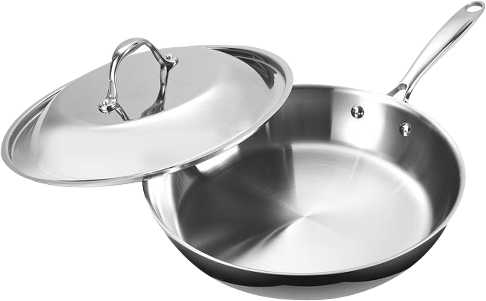
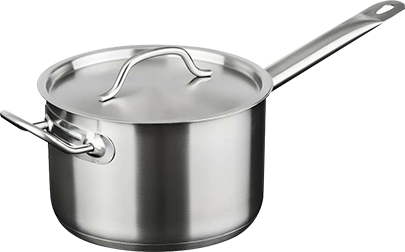
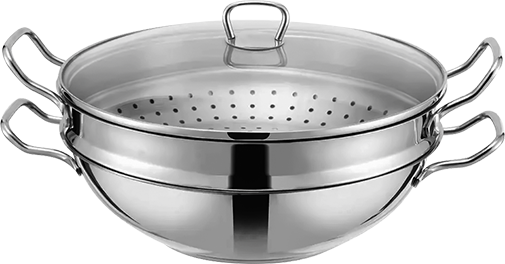
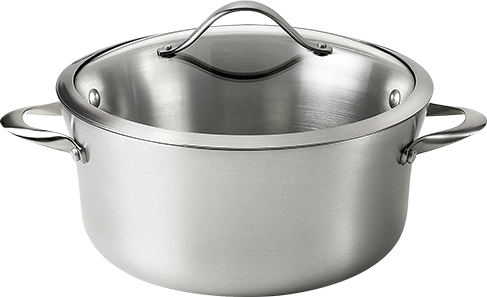
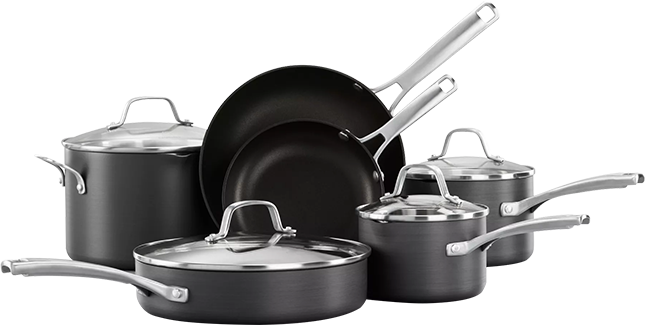
 رقم 1، طريق جينغوي، مدينة بحيرة يانغتشنغ، منطقة شيانغتشنغ، مدينة سوتشو، الصين
رقم 1، طريق جينغوي، مدينة بحيرة يانغتشنغ، منطقة شيانغتشنغ، مدينة سوتشو، الصين
 +86-13913553688
+86-13913553688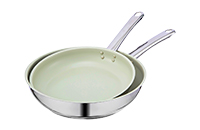
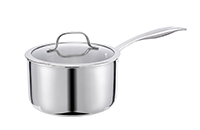

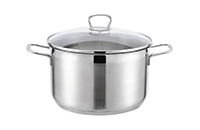
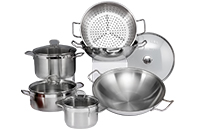

-2.jpg)
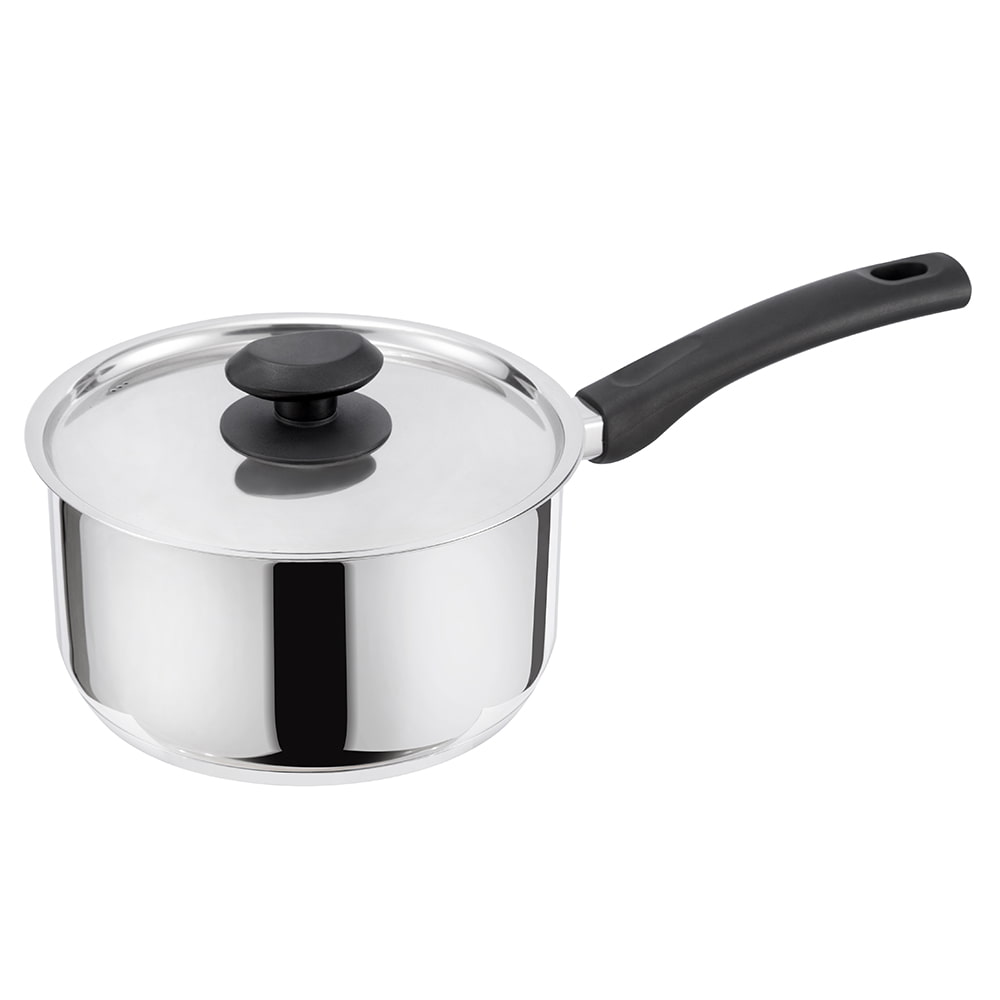
-3.jpg)
-6.jpg)
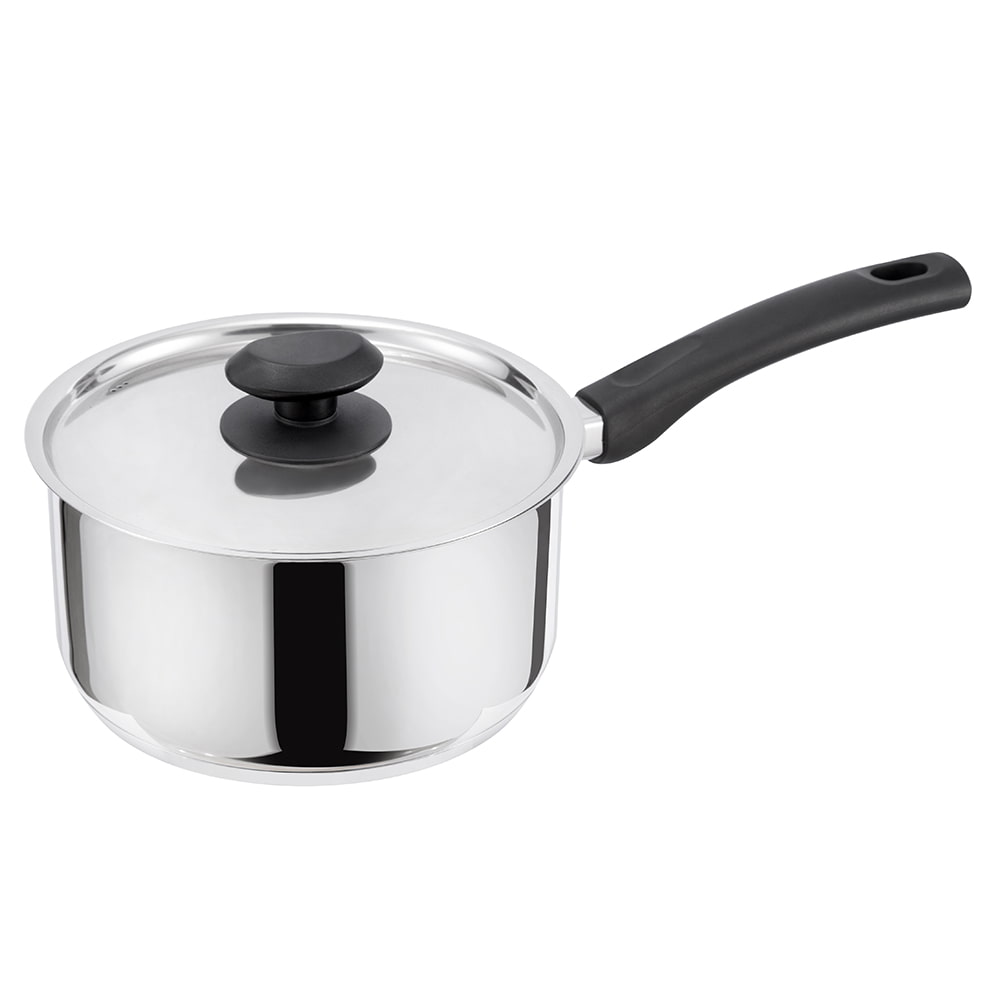
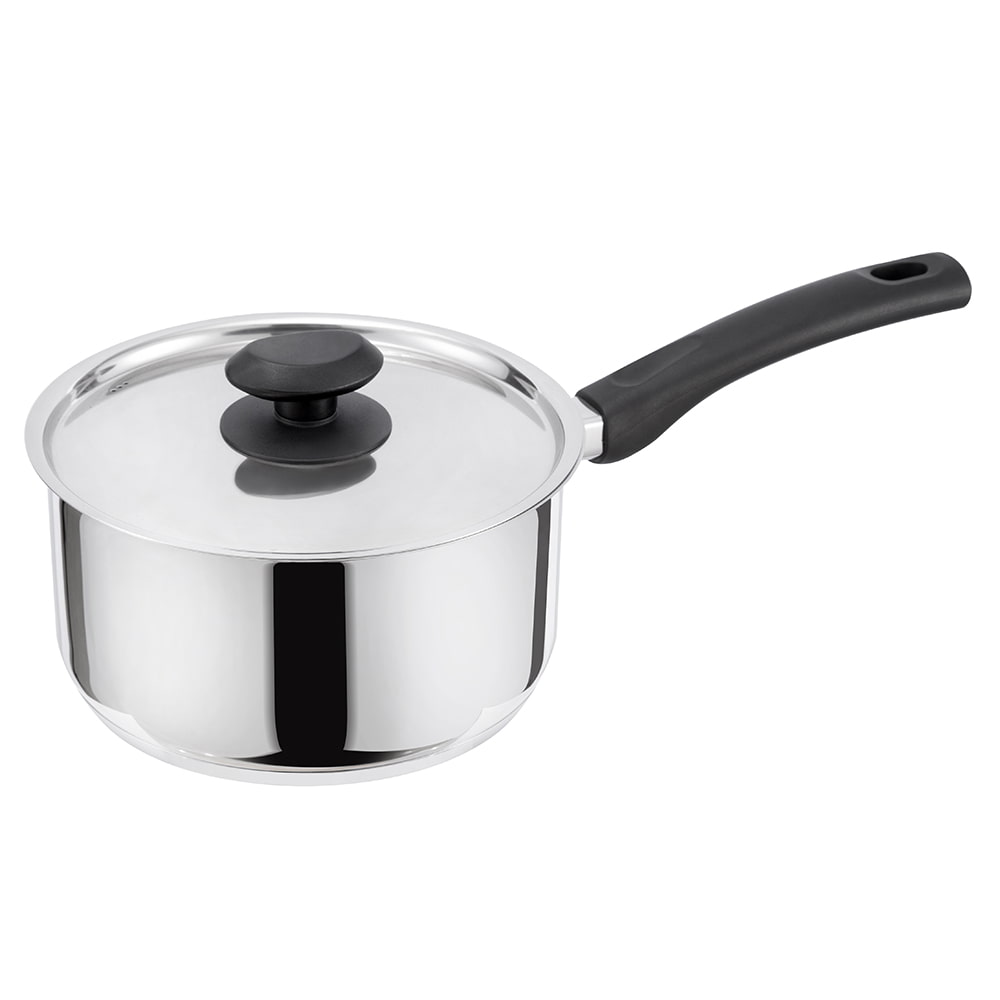
-1.jpg)
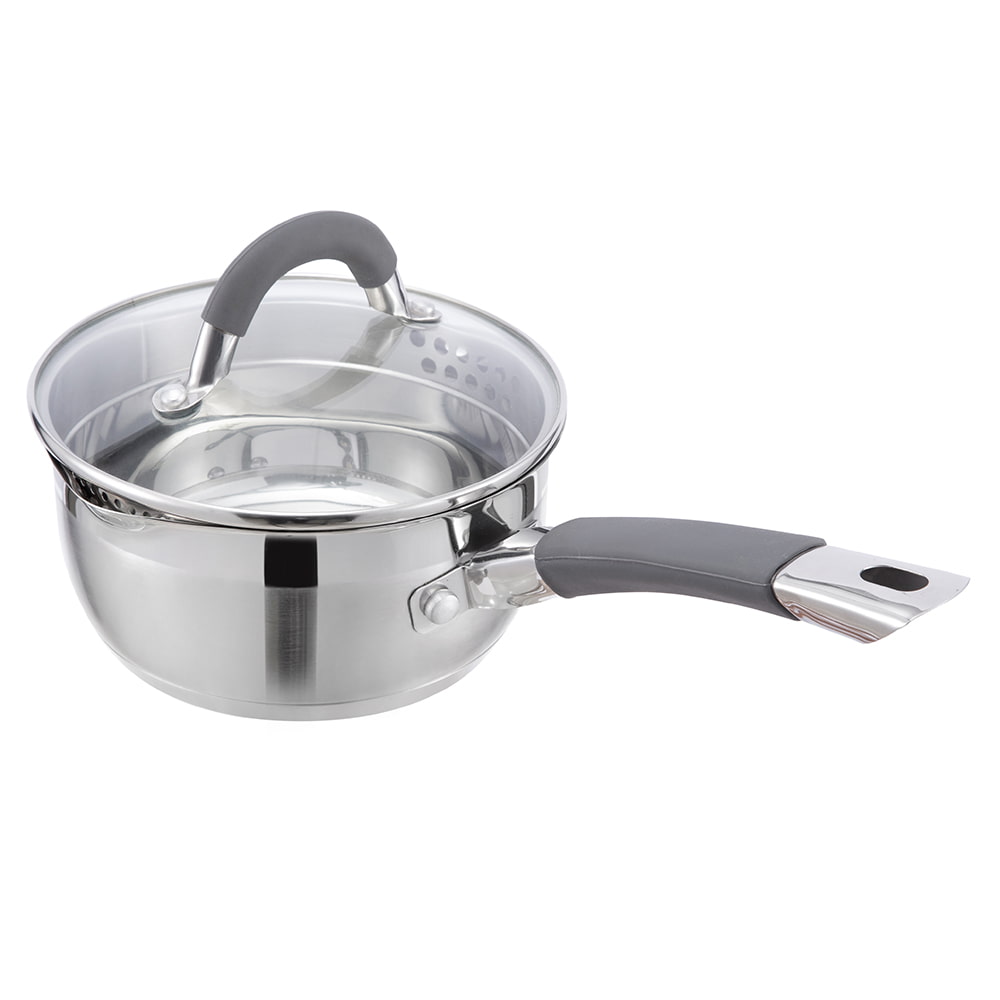
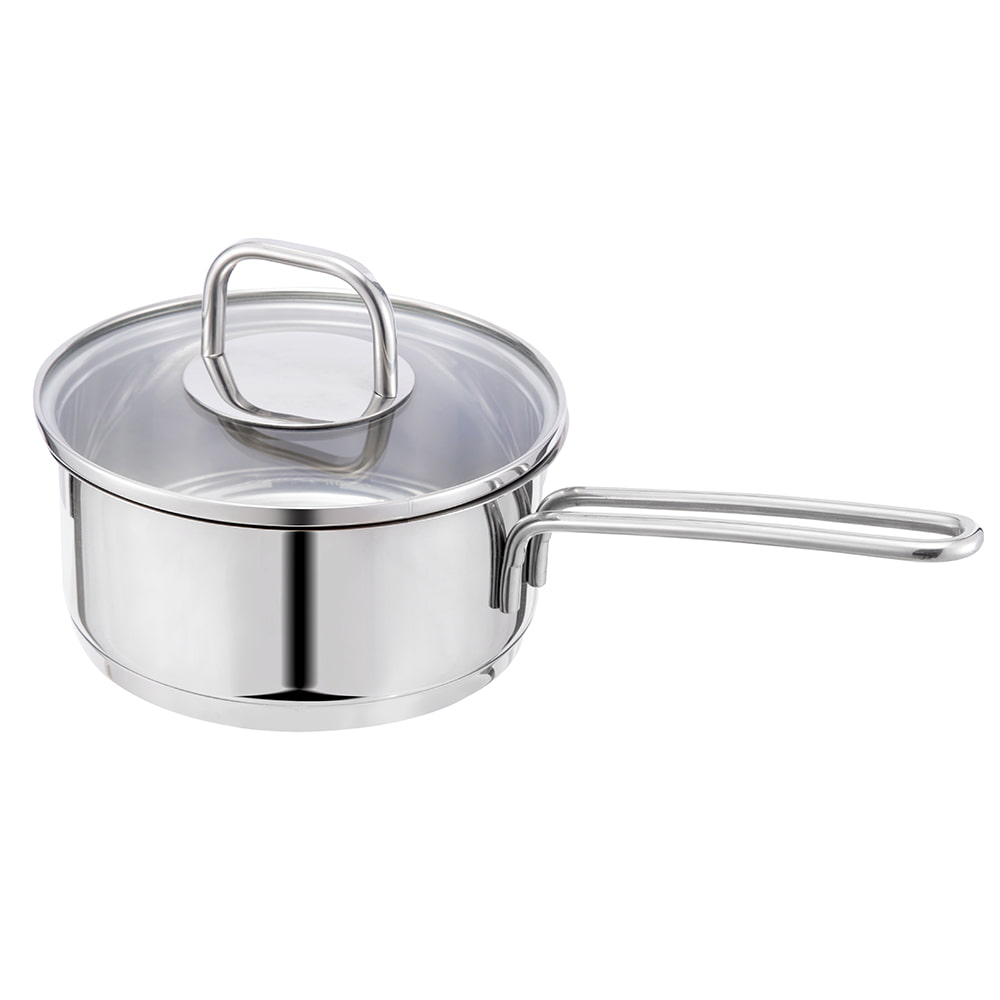
-4.jpg)


